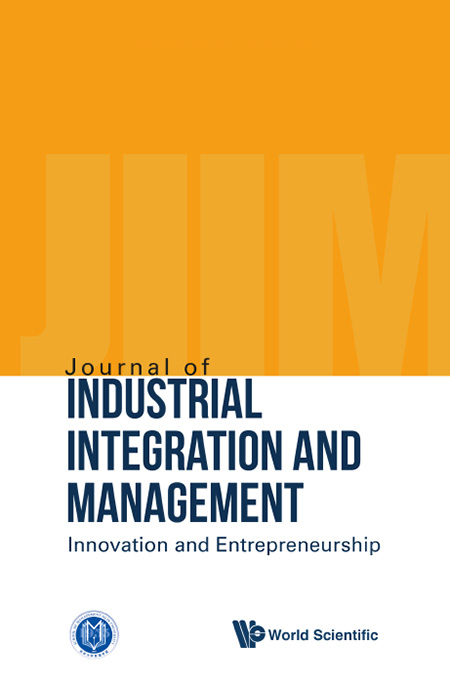Projecting the Electricity Demand of the Residential Sector in Thailand during and after the COVID-19 Pandemic
IF 3.3
Q2 MANAGEMENT
Journal of Industrial Integration and Management-Innovation and Entrepreneurship
Pub Date : 2023-02-16
DOI:10.1142/s2424862223500094
引用次数: 0
Abstract
The residential sector in Thailand has been a fast-growing energy consumption sector since 1995 at a rate of 6% per year. This sector makes a significant contribution to Thailand's rising electricity demand especially during the COVID-19 pandemic. This study projects Thailand's residential electricity consumption characteristics and the factors affecting the growth of electricity consumption using a system dynamics (SD) modeling approach to forecast long-term electricity consumption in Thailand. Furthermore, the COVID-19 pandemic and the lockdown can be seen as a forced social experiment, with the findings demonstrating how to use resources under particular circumstances. Four key factors affecting the electricity demand used in the SD model development include (1) work and study from home, (2) socio-demographic, (3) temperature changing, and (4) rise of GDP. Secondary and primary data, through questionnaire survey method, were used as data input for the model. The simulation results reveal that changing behavior on higher-wattage appliances has huge impacts on overall electricity consumption. The pressure to work and study at home contributes to rises of electricity consumption in the residential sector during and after COVID-19 pandemic. The government and related agencies may use the study results to plan for the electricity supply in the long term. © 2023 World Scientific Publishing Co.预测2019冠状病毒病大流行期间和之后泰国住宅部门的电力需求
自1995年以来,泰国的住宅部门一直以每年6%的速度快速增长。该部门为泰国不断增长的电力需求做出了重大贡献,特别是在2019冠状病毒病大流行期间。本研究使用系统动力学(SD)建模方法预测泰国的长期电力消耗,预测泰国的住宅电力消耗特征和影响电力消耗增长的因素。此外,新冠肺炎大流行和封锁可以被视为一种被迫的社会实验,研究结果展示了在特定情况下如何使用资源。影响SD模型开发中使用的电力需求的四个关键因素包括:(1)在家工作和学习,(2)社会人口,(3)温度变化,(4)GDP上升。通过问卷调查的方法,使用二手和一手数据作为模型的数据输入。仿真结果表明,在高瓦数的电器上改变行为对整体电力消耗有巨大的影响。在COVID-19大流行期间和之后,在家工作和学习的压力导致住宅部门的用电量增加。政府和相关机构可以利用研究结果来规划长期的电力供应。©2023世界科学出版有限公司
本文章由计算机程序翻译,如有差异,请以英文原文为准。
求助全文
约1分钟内获得全文
求助全文
来源期刊
CiteScore
17.00
自引率
16.70%
发文量
31
期刊介绍:
The Journal of Industrial Integration and Management: Innovation & Entrepreneurship concentrates on the technological innovation and entrepreneurship within the ongoing transition toward industrial integration and informatization. This journal strives to offer insights into challenges, issues, and solutions associated with industrial integration and informatization, providing an interdisciplinary platform for researchers, practitioners, and policymakers to engage in discussions from the perspectives of innovation and entrepreneurship.
Welcoming contributions, The Journal of Industrial Integration and Management: Innovation & Entrepreneurship seeks papers addressing innovation and entrepreneurship in the context of industrial integration and informatization. The journal embraces empirical research, case study methods, and techniques derived from mathematical sciences, computer science, manufacturing engineering, and industrial integration-centric engineering management.

 求助内容:
求助内容: 应助结果提醒方式:
应助结果提醒方式:


